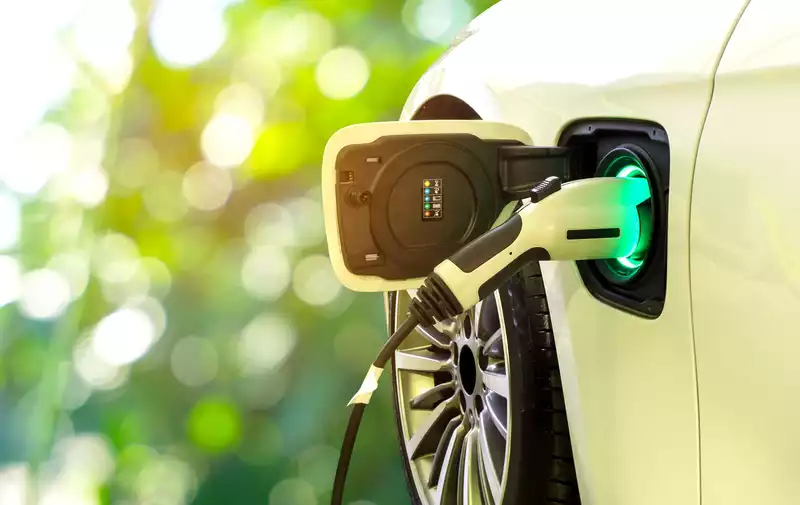Anyone who pays attention to international news (or lives in the UK) knows that the UK has a gasoline problem, what started as a small problem caused by a Brexit-related shortage of truck drivers has now become a full-blown fuel shortage.
Electric vehicles obviously don't have that problem, as they don't require liquid fuel that has to be transported by tanker trucks. This proves that now is the perfect time to buy an EV.
According to InsideEVs, EV-related Google searches increased 1,600% on September 24, when the UK fuel crisis spread. Carguide's analysis also found that online interest in EVs was 16 times the daily average. Meanwhile, Carwow, one of the UK's leading automotive marketplaces, saw a 56% increase in EV searches on September 26.
In other words, people were focused on the fact that electric cars do not have the same supply problems as gas cars. Even if the local charging station is as crowded as a gas station in the UK, EV owners can plug in wherever there is power.
Whether using a dedicated home EV charger or just a wall outlet, both are perfectly good sources of power, and charging speeds vary widely.
Of course, electric vehicles themselves are not immune from infrastructure troubles. They need to be plugged in and charged, which is impossible without power from the grid. But as the recent massive power outage in Texas shows, a complete loss of power has far more serious consequences than the inability to recharge a car.
No power means no heating or Internet access, and critical services would have to rely on limited emergency power. Compared to the estimated 700 deaths reported as a result of the Texas blackout, the inability to recharge one's car is not much of a problem.
It also means that gas pumps will not be available, as gas stations cannot operate without power at the pumps. Many Texans were able to use their cars to escape the cold and charge essential equipment, but that only works while gasoline is in the tank.
The same is possible with EVs, but with the limitation that once the stored power is gone, there is no telling when it will return. There is one advantage, however. A number of large EVs are now on the market that promise to serve as backup power sources. The upcoming Ford F-150 Lightning is one of them.
Eventually, despite much resistance from certain parties, cars will run on electricity.
The EU plans to effectively ban new sales of gas-powered cars in 2035, but individual countries, including the UK and Denmark, are planning to do so much sooner. In the U.S., Joe Biden has announced plans to make at least half of new car sales electric by 2030.
But there is no need to wait. Britain's current gas problems indicate that now is the perfect time to buy an electric car. Not only is it basically impossible for other people to panic and buy electricity outright, but the cost of electricity is considerably cheaper than the cost of gas.
According to the U.S. Department of Energy, the average price of gasoline across the country is $2.85 per gallon, while the average price of the equivalent "e-gallon" electricity is only $1.16. In fact, the average price of gasoline in every state is higher than the cost of electricity.
Studies also show that EVs are generally less expensive to maintain than gasoline vehicles. This is thanks to the fact that they have fewer moving parts that wear out and do not require routine maintenance like oil changes.
Although EVs are expensive immediately after launch, prices are coming down. The 2022 Nissan Leaf is $4,270 less than the equivalent 2021 model.
Buying an electric vehicle is still not for everyone, especially if you don't live in an area with public charging infrastructure. However, as the UK has shown the world, gas shortages can and do still occur, and choosing an EV will give you peace of mind should this ever happen close to home.
.









Comments